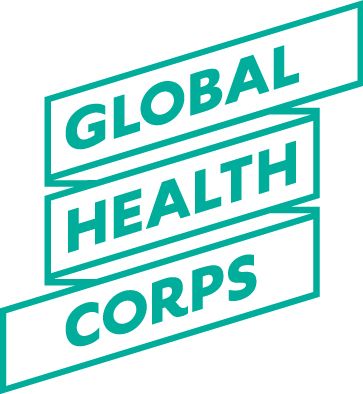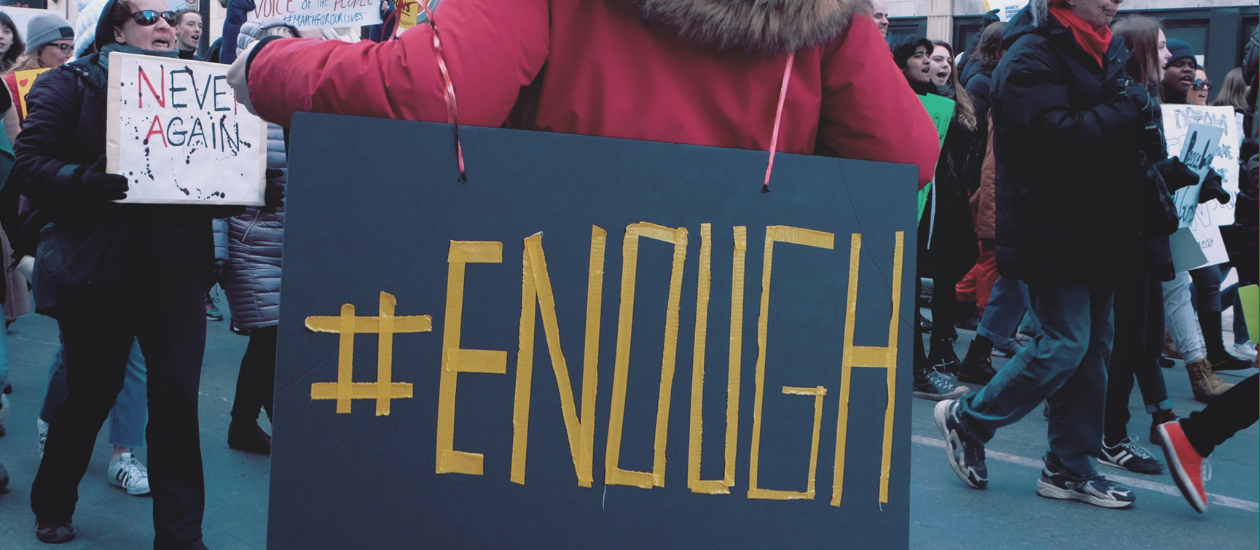*Note: This article was written by Global Health Corps (GHC) Alumni Alice Bayingana and was originally published in GHC’s publication AMPLIFY.
Mental health has received a lot of attention lately and rightly so considering the toll that the COVID-19 pandemic has taken on most people’s lives and livelihoods across the globe. With this, we are also seeing an increase in the money being made available to address this issue, such as with the reissue of the Grand Challenges Canada Global Mental Health grant last year, and the numerous funds from various governmental and non-governmental entities. This moment begs us to reflect on how we best use the resources we have to address this issue.
As with most mainstream mental health awareness moments, the focus is largely on common mental health issues (depression, anxiety, etc.) and this is reflected in the solutions we see getting the most attention and traction. One look at the various pushes for mindfulness and meditation throughout the pandemic and, more recently, the current “Mental Health and Nature” theme of this year’s #MentalHealthAwarenessWeek, brings up many concerns about exactly what it is we are meant to be made “aware” of when it comes to mental health.
I want to start off with a disclaimer that I am not saying that this awareness of mental health that we are seeing right now is incorrect per se––I do feel better when I spend time in nature and mindfulness is a useful tool that I employ in my own life in times of high stress. I am saying that it is dangerously incomplete and will not do much to move us towards a world where we are all more mentally well, which should be the goal of all this awareness-raising.
“But Alice, incomplete is better than nothing right?”
A theme that arises from the kinds of solutions we see being mass-pushed in the media and, by logical progression, those getting funded, is this insidious idea that there’s something wrong inside of YOU, and here’s a thing that YOU can do or take to address this. This, along with the pathological need for cool, new, tech-based solutions, can only result in a reality where companies spend loads of money on meditation apps for their staff instead of, say, giving them flexible working hours in a pandemic or health insurance that covers mental health. In short, the onus is on the individual to resolve their mental health issues, without the systemic support to do so.
The COVID-19 pandemic has once again brought to the mainstream that health (physical or mental) does not exist in a vacuum. Social, economic, and political realities work together to affect whether a person is vulnerable to ill health, is able to seek and receive care when they need it, and is likely to have effects on the support they need to recover and maintain a “healthy” state. While immensely important, personal behaviour or even the health system should not be the first or only places where we address health. Some of my favourite public health figures have done a lot of work to link health outcomes to the context and we need to make more use of this kind of work when bringing attention to the dire mental health crisis that is looming if we are to stand any chance of overcoming it.
With the recent calls to decolonize it, global mental health is still so deeply enmeshed with coloniality, capitalism, and all systems of oppression that even when we try to address the power dynamics involved in the ways we interact with and study peoples’ mental health — by “contextualizing our tools” or “involving people with lived experience” — we are still operating with psychological frameworks, models, and sets of assumptions that were created in the West from studying Western subjects, often white and male, and with the end objective of extracting more functionality and productivity. While many of us may not be in positions to change this reality, we must remain cognizant of this fact and it should be reflected in the humility with which we approach our work. Many of the funders of global health and global mental health work and research have a vested interest in the narrative pushed by solutions that target the person and the ways they relate to their environment instead of critically looking at and challenging this environment — and these very real systems of oppression — as has been pointed out by the likes of Anand Giridaradas in his book “Winners Take All: The Elite Charade of Changing the World”.
Knowing this, it is not shocking that we (those of us who study global mental health) are often so obsessed with short-term, quantitatively measurable indicators. The type of accounting that many funders require incentivizes us to strip people who experience mental health issues of all context in the name of “scientific objectivity”. We pilot interventions that prescribe things like mindfulness to suffering people in controlled environments for a set amount of time and exclude anyone and anything that might add meaningful nuance to the picture. With our sophisticated analyses, we further clean up “the noise” in search of some elusive “truth” and come up with neatly packaged recommendations on how “expanding coverage” or “increasing knowledge of self-care” moves the prevalence of common mental health disorders down by x percentage points and saves x amount of dollars. We generate data that look sexy on a poster presentation at some prestigious conference or in some prestigious journal with little concern for what happens after the study ends.
What we are doing by ignoring the structures and realities that affect one’s access to mental wellbeing, or “the noise”, is recommending band-aids for bullet wounds and sending people, who we are meant to care for, back into the same environments that not only still have these proverbial bullets flying everywhere but are also full of opportunistic agents that love them some vulnerability. And we do this while lending legitimacy to the narrative that what really needs fixing is inside of YOU. We help create this reality where we can unironically spend a week talking about how being outside will improve your mental health from cities with thousands of unhoused people with double or triple the general population’s prevalence of mental health disorders.
In the same way that health does not exist in a vacuum, neither do our actions, our work, or the messages we push out. In an article that I think about often, Dr Ryan Petteway, after reflecting on the dance that public health and white supremacy have historically danced, ends with: “…this, invariably, means we must stop pretending our work is apolitical or neutral — it is not, nor should it be.” If we truly care about the mental wellbeing of all people, we need a mental health awareness that acknowledges that how society is organized deeply affects a person’s experience; that understands that exploitation leads to distress; and that seeks to heal wounds of dehumanization, subjugation, deprivation, lack of safety, and alienation that have been inflicted on the majority of the world.
We need a mental health awareness that is deeply uncomfortable and unsatisfied with just handing out band-aids.


